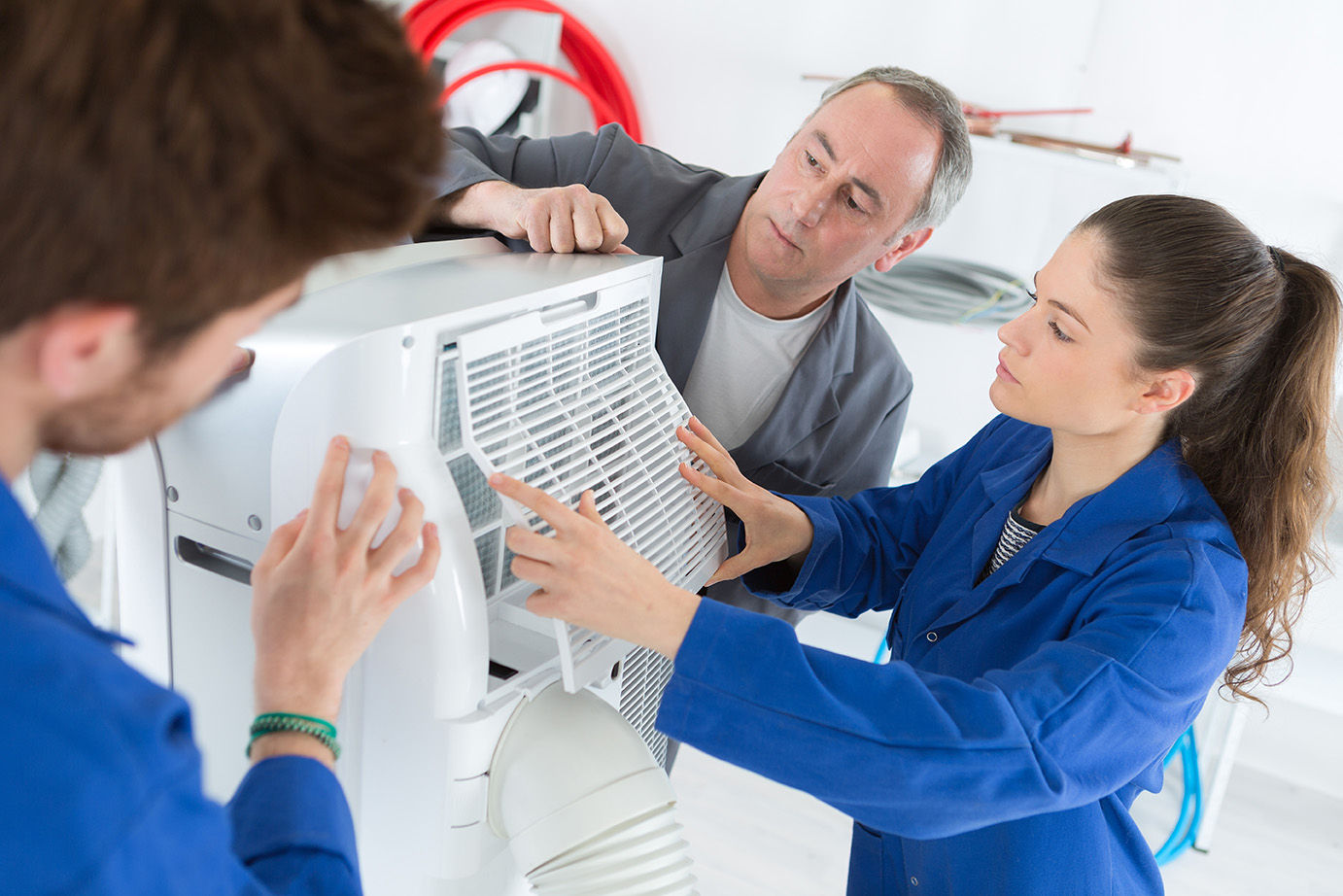An efficient Heating, Ventilation, and Air Conditioning system is crucial for ensuring comfort in your home or workplace. With the latest technology providing even greater benefits, many property owners are considering making upgrades to a more advanced system.
If you are constantly experiencing problems with your current system, with frequent breakdowns, increased energy bills, inefficient heating or cooling, and poor indoor air quality, it may be time to make that upgrade.
While a good HVAC company will be able to solve most problems, and make any necessary repairs, once your system is more than 12 -15 years old, it may be more economical to invest in a complete upgrade. However, it’s essential to conduct a cost-benefit analysis to determine whether an upgrade is financially and practically worthwhile.
Initial Costs vs. Long-Term Savings
Investment in New Technology:
Upgrading an HVAC system involves a significant initial investment. This includes the cost of the new system and installation fees. In addition, advanced HVAC systems with the latest technology, such as smart thermostats or energy-efficient models, typically come with a higher price tag.
Long-Term Energy Savings:
One of the primary benefits of upgrading is the potential for long-term energy savings. Newer systems are more efficient, which means they use less energy to heat or cool a space. This efficiency translates to lower energy bills, a crucial factor in the cost-benefit analysis.
Environmental Impact and Sustainability
Reduced Carbon Footprint:
Modern HVAC systems are designed to be more eco-friendly. By consuming less energy, these systems reduce the carbon footprint of a building. This aspect is increasingly important for individuals concerned about their environmental impact.
Sustainability:
Upgrading to a more efficient HVAC system is also a step towards sustainability. Efficient systems require less energy from fossil fuels, contributing to a reduction in overall environmental degradation.
Comfort and Air Quality Improvements
Enhanced Comfort:
New HVAC systems offer better control over indoor temperatures and humidity levels. This leads to improved comfort for occupants, which is particularly beneficial in commercial settings, where comfort can impact productivity.
Improved Air Quality:
Modern systems often come with better air filtration and purification features. This means cleaner indoor air, which is beneficial for health, especially for individuals with allergies or respiratory issues.
Maintenance Costs and System Longevity
Reduced Maintenance Costs:
Newer HVAC systems are generally less prone to breakdowns and may come with longer warranties. This can lead to reduced maintenance costs over time.
Increased Longevity:
Upgrading to a new system can also mean a longer lifespan compared to older models. This increased longevity helps offset the initial investment over a more extended period.
Real Estate Value Enhancement
Increased Property Value:
An upgraded HVAC system can increase the value of a property. This is a significant benefit for those considering selling their property in the future.
Tax Incentives and Rebates
Government Incentives:
In many regions, government incentives are available for installing energy-efficient HVAC systems. These incentives can take the form of tax credits or rebates, offsetting some of the initial costs.
The Importance of Making an Informed Decision
The decision to upgrade an HVAC system should not be taken lightly. One needs to weigh the initial costs against the long-term benefits, including energy savings, reduced environmental impact, improved comfort and air quality, reduced maintenance costs, increased property value, and potential tax incentives. A thorough cost-benefit analysis will thus help in making an informed decision that aligns with both your financial and environmental goals.


 855-410-TECH(8324)
855-410-TECH(8324) APPLY FOR FINANCING
APPLY FOR FINANCING